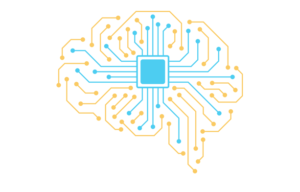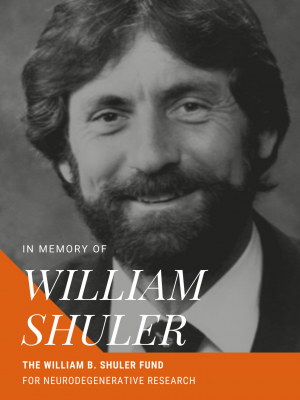Advancing our Understanding of Neurodegenerative Diseases
Tackling Neurodegenerative Diseases
The Livermore Lab Foundation is proud to partner with the Lawrence Livermore National Laboratory (LLNL) to advance collective efforts to diagnose, understand, and treat neurodegenerative diseases, such as Amyotrophic Lateral Sclerosis (ALS), Alzheimer’s, Multiple Sclerosis, and Parkinson’s. This strategic partnership has fueled hope in the fight to find a cure for these types of neurodegenerative diseases.
LLNL Science & Technology Review

Neurodegenerative Diseases - Who is at Risk?
Learn more about ALS, Alzheimer’s, and Parkinson’s from Dr. Reimer’s Rae Dorough Speaker Series that LLF sponsored.
Current Research Activities

Multimodal Data Analytics
LLF recently funded a pilot project at LLNL to apply multimodal machine learning approaches to help identify ALS risk factors. Modeling long-range, complex correlation among different factors in ALS patients can help us predict its onset and progression.

Physics-Based Modeling
Our research partnership with the ALS CURE Project is enabling exploratory work to better understand the ALS disease mechanism using LLNL’s computational modeling capabilities. Studying molecular driving forces behind ALS-related proteins could lead to the identification of new drug targets and treatment strategies.

Brain-on-a-Chip Platform
LLNL has developed a “brain-on-a-chip” device to better understand neuro-diseases, predict the effects of exposure to toxins, and test pharmaceutical drugs on the brain without the need for human or animal subjects. Lab scientists are currently evaluating the applicability of this platform to support an in vitro ALS model that can be used to assess different therapeutics and treatments.
Identifying
Biomarkers
Understanding
Cellular Mechanisms
Investigating the
Influence of Genetics
Developing New and Effective Treatments

Legacy Fund to Support Neurodegenerative Disease Research
LLF is pleased to announce a new restricted fund, the William B. Shuler Fund for Neurodegenerative Research, designed to focus on the Lab’s unique capabilities in neurodegenerative diseases.
Latest News

Willimam B. Shuler Life Sciences Fellow
William “Bill” Shuler dedicated over 29 years at LLNL to astrophysics, high-energy experimental physics, and strategic weapons design. Following his tragic passing in 2021, his sister, Leslie Blain, established the William B. Shuler Fund for Neurodegenerative Disease Research. While Bill’s legacy is tied to the Lab’s mission, Blain saw this fund as a way to honor him and give back to society.

LLF’s Data Science Fellow
LLF Fellow Ryan Lee built a machine learning algorithm to craft a replica of the human gut microbiome using data analysis and gene classification. The goal was to strengthen and accelerate neuro-disease prediction capabilities without the need for more costly clinical tests with human subjects.

